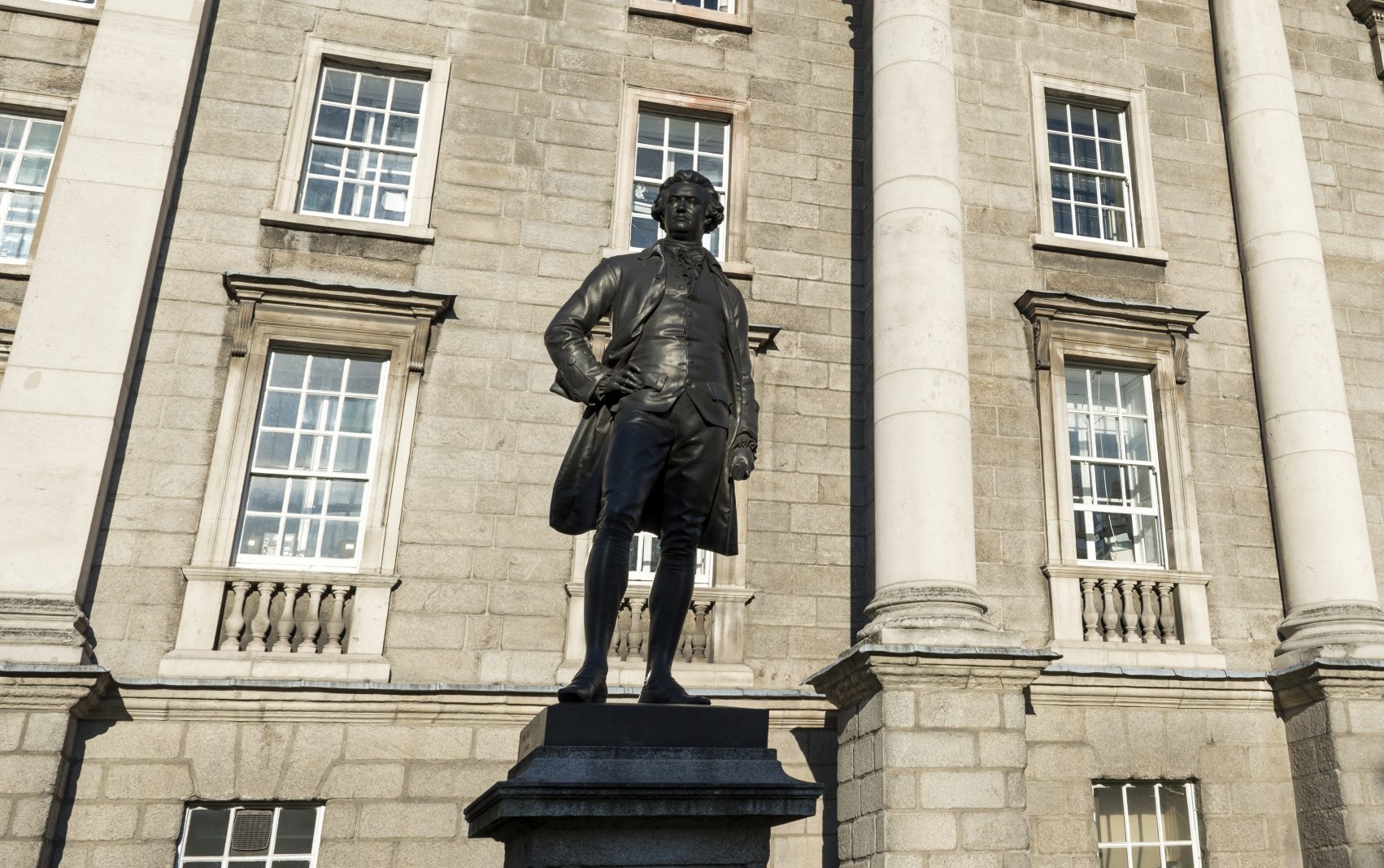Are Libertarians Part of the Conservative Movement?
Yesterday I attended a debate hosted by the American Enterprise Institute and the America’s Future Foundation with the timely named motion, “Are Libertarians Part of the Conservative Movement?” Speaking for the case that libertarianism is a distinct political philosophy from conservatism was Matt Welch, editor in chief at Reason. Speaking for the case that libertarians are part of the conservative movement was Jonah Goldberg, author of the New York Times bestseller Liberal Fascism and columnist for the Los Angeles Times.
Before the debate started I suspected that I would be more sympathetic with Matt Welch’s view. While the two groups are in broad agreement on economics, there are important differences on a number of social issues. As well as pointing out the differences between the two philosophies Welch made the important point that the number of people labeling themselves as Independents is rising, and that this rise is not only an indication of the level of dissatisfaction with the two major political parties, but a reflection of how more inclusive both Democrats and Republicans will have to be in order to achieve electoral seats. Welch jokingly said that the title of the debate could well have been “Are conservatives part of the libertarian movement?”, as the conservative movement began as one which sought to preserve liberty and individual rights, two of the foundations of the modern libertarian movement.
Although Welch mentioned the alternate title of the debate, Goldberg took it further and shifted the debate in an interesting direction. Goldberg said that Welch was right, and that conservatives could be viewed as part of a wider libertarian movement. After all, classical liberalism predates conservatism by centuries and defended principles that the Republican Party, and conservatives more generally, have adopted. As well as the historical and philosophical ties between the two movements Goldberg argued that there were two other areas where there is a huge amount of overlap between the two movements; practical and political.
Practically, Goldberg argued, conservatives already adopt many libertarian economic arguments. Major conservative think tanks and policy groups employ libertarian economists, and it is through groups like these that libertarian economic arguments can reach the widest audience.
Politically there is a good case for libertarians belonging to the conservative family. Ron Paul, the most libertarian GOP candidate in the nomination race, is comfortable to speak about the abolition of the Federal Reserve and the privatization of social security, something that could never be done in a Democratic primary.
What both Welch and Goldberg agreed on was that the level of government spending is the most important contemporary political issue. The country is bankrupt and social security is on track to dominate the federal budget. While this remains the case, it makes as much sense for libertarians to work their way into the conservative movement as it does for conservatives to accept them. Once spending is under control we can argue over whether to legalize meth and prostitution.
Images: shutterstock/ Mark Pockrocki

